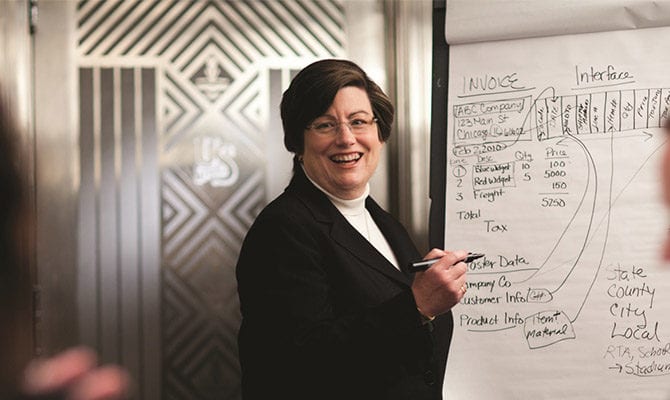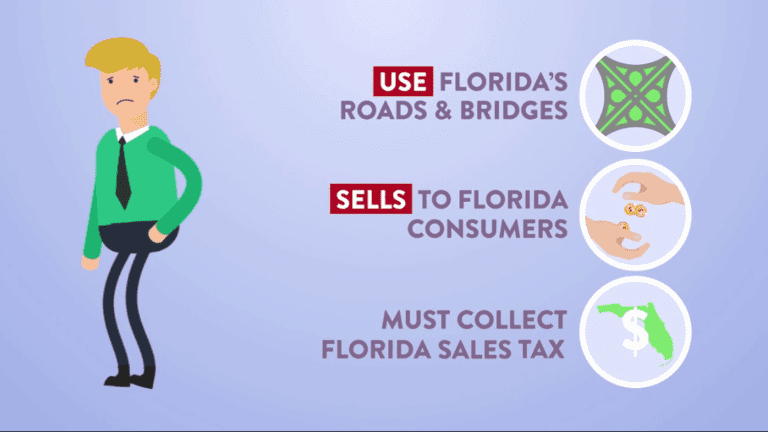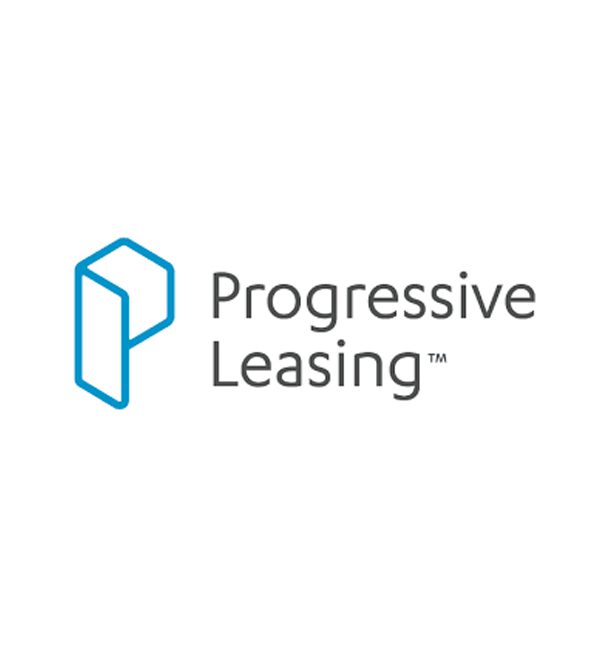When California’s Department of Tax and Fee Administration said last December that out-of-state retailers would be required to collect taxes on their online sales into the state, lawmakers were already promising their own action. Now legislators are close to delivering. The Marketplace Facilitators Act has powerful sponsors and breezed through a committee with unanimous support in late February.
Citing the June 2018 U.S. Supreme Court ruling in Wayfair v. South Dakota, California’s tax director, Nick Maduros, announced in December that “California will now require more out-of-state retailers to collect and remit taxes just as brick-and-mortar retailers have done for decades.” He set a compliance date of April 1 and exempted a retailer’s first $100,000 of sales into the state or 200 individual transactions.
At the time, state Sen. Mike McGuire, chair of the Senate Committee on Governance and Finance, and Assemblywoman Autumn R. Burke, chair of the Assembly Committee on Revenue and Taxation, revealed further plans. In a joint news release, they called Maduros’ action “an appropriate starting point but believe that legislative modifications will likely be required to accommodate the interests of retailers, taxpayers and administrative agencies.”
Burke, a Democrat from Inglewood, introduced the bill soon after. One of its modifications raises the sales exemption to $500,000, which would rank with Texas as highest in the country. The bill eliminates the minimum number of transactions required. Finally, it takes aim at “marketplace facilitators,” or large online sellers such as Amazon and eBay that “shall be considered the seller and retailer for each sale facilitated through its marketplace.” The bill defines a marketplace as a “physical or electronic place.” Facilitators would be held responsible for collecting taxes on sales in their “marketplaces” by third-party sellers. Those third-party sellers would still be required to report their sales but would be credited for the taxes paid by the facilitator.
The marketplace facilitators portion of the bill would take effect Oct. 1, giving them more time to establish a collection system.
The bill was approved by an 11-0 vote Feb. 25 in the Assembly Committee on Revenue and Taxation. It then moved to an appropriations committee where a vote was expected as soon as March 6. Approval by the full Assembly and then by the Senate would follow. “The goal is to have it on the governor’s desk by April 1,” M. David Ruff, chief consultant to the Assembly Committee on Revenue and Taxation, told the Home Furnishings Association. If it’s not, the Tax and Fee Administration directive will take effect then.
Ruff called the decision to raise the sales threshold from $100,000 to $500,000 part of a “complicated balancing act.” While brick-and-mortar retailers, including HFAmembers, must collect and remit sales tax on every dollar of in-store sales, out-of-state online competitors will be allowed to sell up to $500,000 to California customers every year without collecting any sales tax, giving them an inherent price advantage.
But Ruff said the amount of money raised by taxing sales between $100,000 and $500,000 would be “relatively small and not worth the fight.” He noted that the state that prevailed in the U.S. Supreme Court’s Wayfair decision last year, South Dakota, set its threshold at $100,000, and “California’s economy and consumer base are significantly larger.” And, in an analysis, he noted that “this is being done to alleviate the registration, collection and remittance burden on truly small retailers.”
HFA member Francis O’Brien, owner of The Furniture Market in Modesto, doesn’t buy the reason for the higher threshold.
“They should figure out how to do it, period,” he said. “Or we all ought to get to sell a half-million dollars tax-free.”
O’Brien is also skeptical that all out-of-state, online sellers will comply with the tax requirements or that state tax authorities will pursue them aggressively enough. He’s frustrated by the unfair price advantage those sellers continue to have.
“I should set up an out-of-state online store and I’ll be the delivery service,” he said.
California furniture retailers who have concerns about the $500,000 exemption or other parts of the Marketplace Facilitators Act should contact their state senators and assembly members immediately.









